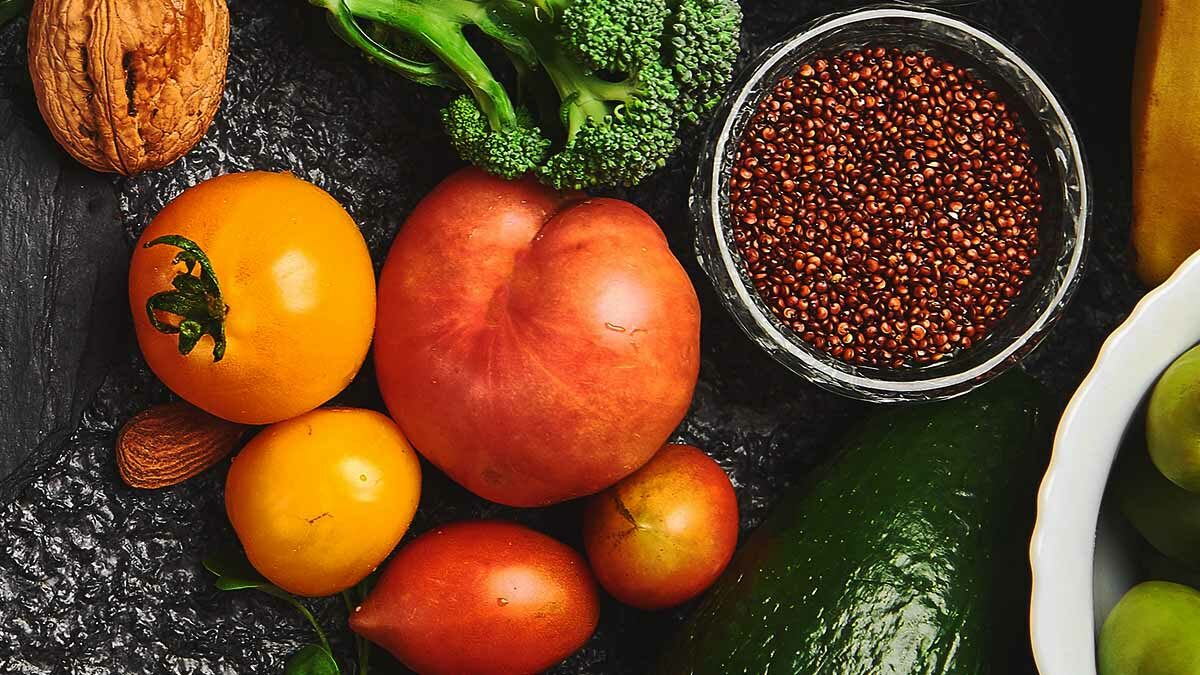In my video Food Antioxidants and Cancer, I talked about how antioxidants from whole plants are associated with lower cancer risk. It turns out that total antioxidant capacity of diet may also be protective against stroke, the world’s leading cause of death after heart disease. This is in contradiction to all the antioxidant supplement studies that failed to show benefit. This may be because the food antioxidant studies took into account thousands of different compounds, in doses obtained from a usual diet, rather than individual nutrients at unnaturally high levels.
The buildup of oxidized fat is considered the hallmark of fatty streak formation, the earliest manifestation of atherosclerotic plaques. The oxidation of fat can happen outside the body, every time we cook it, but oxidized fats are not only formed in foods, but may also be generated during digestion, especially in stomach acid. Our stomach may be like a “bioreactor for the oxidation of high-fat, cholesterol-rich foods. Muscle foods contain large amounts of endogenous catalysts which accelerate fat oxidation.” As poultry sits in our stomach, the oxidation may build up minute by minute.
Turn out chickens are bled of only about half their blood, and the remaining residual can be a powerful promoter of fat oxidation, so there are those in the industry advocating an additional decapitation step, but if oxidation is the problem, antioxidants can be part of the solution.
We know antioxidant pills don’t work. While extensive experimental data “have revealed a central role for oxidative stress in the stiffening of our arteries and suggested a potential role for ‘antioxidant’ treatment in cardiovascular disease, experimental data has not translated into clinical benefit. Most antioxidant vitamin trials have failed to reduce heart disease and death and may in fact even be detrimental. As a result, some have even questioned the supposedly central role of oxidative stress in the disease process.” The fact that pills didn’t work was described as a critical blow to the whole free radical theory of aging.
But high-dose single-antioxidant supplements are not a good substitute for the very complex antioxidant network of thousands of compounds in foods, present at concentrations far below those used in those pill trials. No one had ever looked at the overall effect of the complex antioxidant network in our diet in relation to our leading killer, coronary heart disease… until now. A large prospective population-based cohort study, highlighted in my video Food Antioxidants, Stroke, and Heart Disease, measured total antioxidant capacity of people’s diets: “The total antioxidant capacity measures, in one single value, the free-radical-reducing capacity of all antioxidants present in foods and all the synergistic effects.” They observed that “higher total antioxidant capacity of diet was statistically significantly associated with lower risk of incident heart attack in a dose-response manner,” meaning, potentially, the more high antioxidant plant foods in one’s diet, the better.
Which foods have the highest antioxidant content? See:
- Anti-up on the Veggies
- Antioxidants in a Pinch
- Best Berries
- Better Than Goji Berries
- Better Than Green Tea?
- The Best Apple
- The Best Beans
- The Best Nuts
- The Fruit Whose Juice is Healthier
- The Healthiest Herbal Tea
It’s the heme iron in chicken blood that may be contributing to fat oxidation in the stomach. That’s one of the targets of the Meat Additives to Diminish Toxicity.
More on reducing stroke risk can be found in my videos Preventing Strokes with Diet and Whole Grains May Work As Well As Drugs.
I have more than 150 videos on heart disease. Heart Disease Starts in Childhood and One in a Thousand Ending the Heart Disease Epidemic are among two of the most recent.
-Michael Greger, M.D.
PS: If you haven’t yet, you can subscribe to my videos for free by clicking here and watch my full 2012 – 2015 presentations Uprooting the Leading Causes of Death, More than an Apple a Day, From Table to Able, and Food as Medicine.
